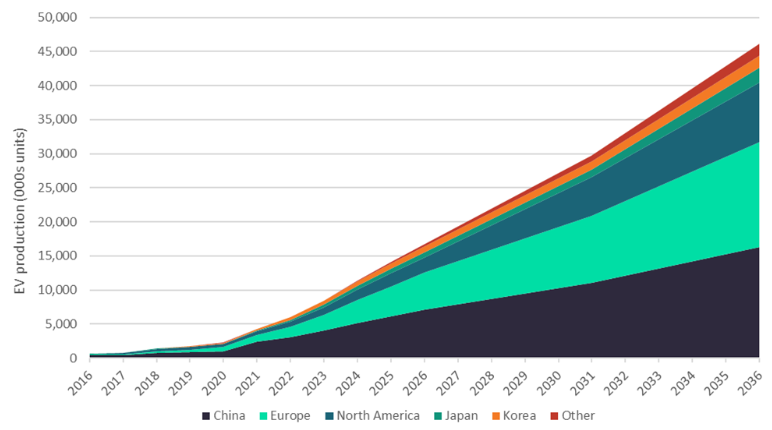
In a meeting with Subaru and Mazda, Toyota Motor has stated that it will continue to release combustible engines, as the world’s total electric vehicle (EV) production is forecast to soar in the coming years.
This will include the development of a compact petrol engine compatible with EV power units, according to Toyota.
The engines will be able to run on a variety of carbon-neutral fuels, such as biofuels, e-fuels and liquid hydrogen.
Its compact frame will also help Toyota design cars with smaller hoods, allowing the automaker to provide better aerodynamic designs for fuel efficiency.
“In order to provide our customers with diverse options to achieve carbon neutrality, it is necessary to take on the challenge of evolving engines that are in tune with the energy environment of the future,” stated Toyota Motor president and CEO, Koji Sato.
“The three companies, which share the same aspirations, will refine engine technologies through friendly competition,” Sato said.
How well do you really know your competitors?
Access the most comprehensive Company Profiles on the market, powered by GlobalData. Save hours of research. Gain competitive edge.

Thank you!
Your download email will arrive shortly
Not ready to buy yet? Download a free sample
We are confident about the unique quality of our Company Profiles. However, we want you to make the most beneficial decision for your business, so we offer a free sample that you can download by submitting the below form
By GlobalDataDespite the widened focus on combustible engines, research and analysis company GlobalData’s 2023 thematic intelligence report into EVs forecasted that the vehicles will account for 18% of the world’s total light vehicle manufacturing by 2025.
By 2028, this is forecasted to grow to a 28% share, equivalent to 28.3 million annual EV units being manufactured globally each year.
Japan is forecast to become one of the biggest EV markets in the world, exceeding 40,000 annual EV units by 2036.

While China’s lead in EV production is expected to diminish, Europe’s foothold in EV manufacturing is predicted to grow to equate to 34% of global EV production by 2036.






